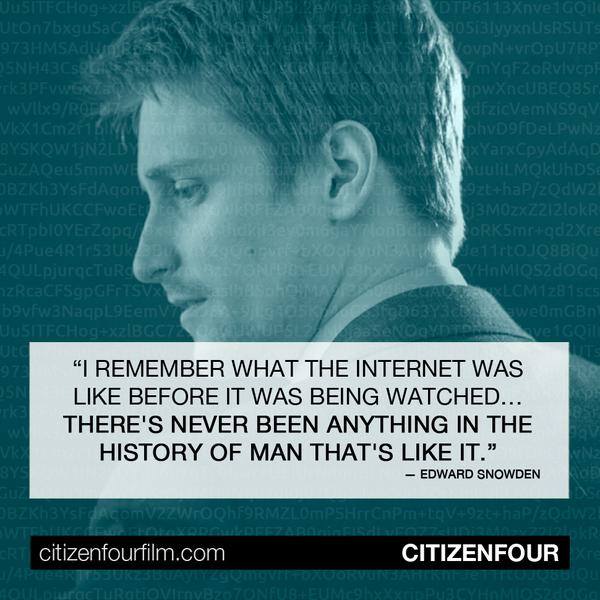But most notably of all, Oliver might finally have pinpointed a way to make the debate about surveillance accessible to a wide audience. By honing on one aspect of the government surveillance, the capacity for intelligence agencies to access “dick pics,” he captures the attention and summons the outrage of numerous passersby in a filmed segment in Times Square. Many of those interviewed can’t properly identify Edward Snowden or don’t quite recall what he had done, but all recoil at the thought of government access to intimate photography.
“If I had knowledge that the United States government had pictures of my dick,” one man says with dire seriousness, “I would be very pissed off.”
“The good news is there’s no program named ‘The Dick Pic Program,'” Snowden says in response to the video. “The bad news is they are still collecting everyone’s information, including your dick pics.”
The Atlantic: What It Takes to Make People Care About NSA Surveillance »
